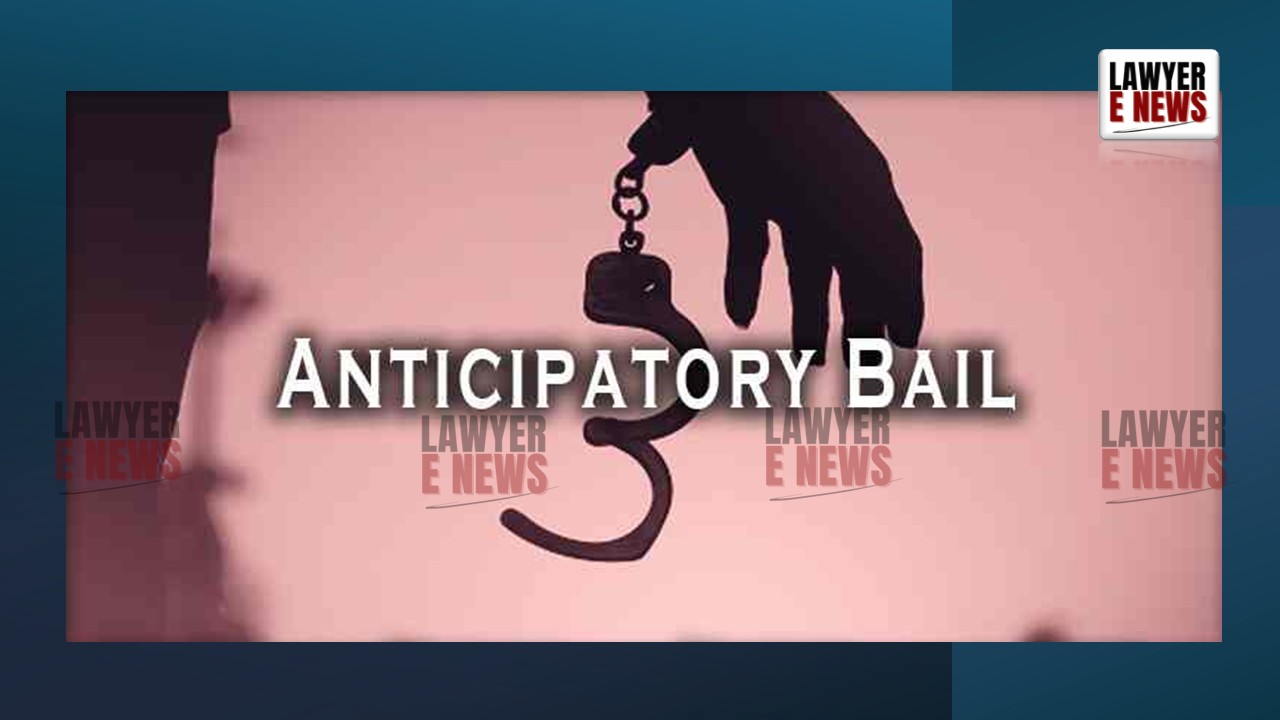-
by Admin
15 February 2026 2:36 AM



Punjab and Haryana High Court granted anticipatory bail to the petitioner accused of participating in a murder conspiracy. Justice Sandeep Moudgil allowed the petition, noting the lack of incriminating evidence against the petitioner and upholding the principle of parity since other similarly placed co-accused had already been granted bail.
The Court remarked: "This Court finds no reason to deny the petitioner the concession of anticipatory bail wherein the petitioner has bona fide intentions and is ready and willing to join the investigation."
The case was based on FIR No. 93 dated March 23, 2022, registered at Police Station Sadar Palwal, alleging offenses under Sections 148, 149, 302, 427, 452, 506, 120-B of the IPC and Section 25 of the Arms Act, with Sections 201 and 212 IPC added later. The FIR described a violent attack in which armed individuals conspired to murder the complainant’s brother, Yashbir, who succumbed to bullet injuries.
The petitioner was accused of participating in a conspiracy allegedly hatched at a farmhouse with co-accused persons. However, he was neither named in the FIR nor directly linked to any overt acts. His involvement was based solely on disclosure statements made by other co-accused during the investigation.
First, it noted that no incriminating material linked the petitioner directly to the offense. The allegations against him were based solely on disclosure statements of co-accused, which, by themselves, are insufficient to deny bail under established legal principles.
Second, the Court relied on the principle of parity, observing that other similarly placed co-accused, such as Rajender @ Singh Sahab, Rahul, Narvir @ Bhola, Atul, and others, had already been granted bail in related petitions. The Court reasoned that denying bail to the petitioner would amount to discriminatory treatment.
Third, the Court considered the petitioner’s willingness to join the investigation and cooperate with the authorities as a sign of his bona fide intentions.
Lastly, while the State argued that the seriousness of the allegations warranted the denial of bail, the Court held that mere gravity of charges does not justify refusal of anticipatory bail, especially in the absence of evidence directly implicating the accused.
The High Court granted anticipatory bail to the petitioner, directing him to join the investigation within one week and furnish personal and surety bonds to the satisfaction of the Investigating Officer. Additionally, the petitioner was required to comply with conditions under Section 482(2) of BNSS (2023), including making himself available for interrogation, not threatening witnesses, and not leaving the country without court permission.
The Court warned that failure to comply with these conditions would result in automatic cancellation of bail. It also clarified that its observations were limited to the bail petition and would not influence the trial’s merits.
The Punjab and Haryana High Court’s decision emphasizes the importance of evidence in bail proceedings and the principle of parity. The judgment ensures that similarly placed accused are treated equally while safeguarding individual liberty in the absence of direct evidence.
Date of Decision: December 2, 2024
